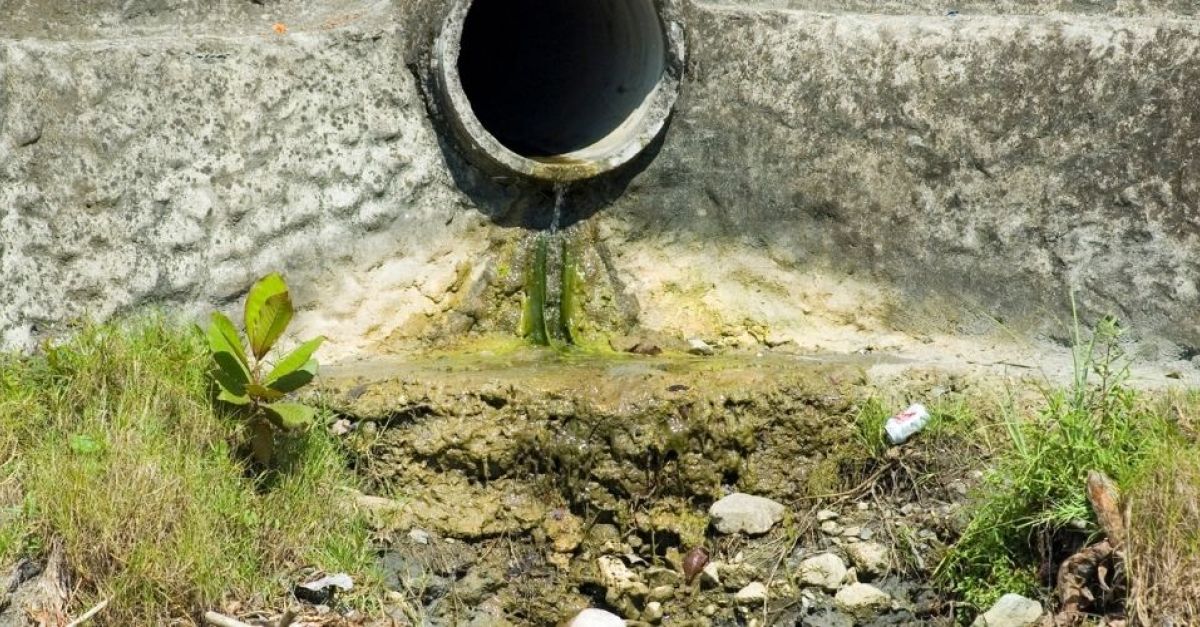
EurEau's reaction to the Council vote on the UWWTD
EurEau welcomes the Council’s General Approach on the UWWTD (recast) adopted last Monday (16 October), and recognises and appreciates the work on the file, given it includes amendments that will facilitate the implementation of a paramount piece of legislation that will pave the way for a more sustainable and resilient wastewater sector, in particular those regarding the extension of the deadlines.
We especially appreciate the text in Article 9 on Extended Producer Responsibility (EPR), calling for the full implementation of an EPR scheme to cover the costs of quaternary treatment, and setting a deadline (3 years after the entry into force of the Directive) to have all measures in place that will allow to implement EPR, as a means to realise the Polluter Pays Principle in the water sector. However, we find the changes included in Recital 13, stating that Member States should have the possibility to impose additional requirements to the EPR schemes, too ambiguous, as it is not clear if this means extending the list of sectors to be covered by EPR or adding other financing means to cover the treatment of micro-pollutants.
We are glad to see the recognition (at least to some extent) of the sectors’ reality regarding energy neutrality, where energy neutrality with only on-site urban wastewater treatment plants (UWWTP) renewable energy production is extremely challenging for many of the UWWTPs. Nevertheless, we regret the last minute modification on the purchase of energy from external sources: we believe this possibility should be limited to renewable energy and not to any type of energy.
While welcoming the new provisions related to water reuse and those addressing the impact of the Weser Ruling on UWWTPs, as well as those further extending the deadlines for smaller UWWTPs and agglomerations, we regret the deletion of the possibility of using equivalent treatment to secondary treatment as a way of prioritising investments while ensuring health and environmental protection. Besides, we lament not seeing further control at source in relation to discharges of non-domestic wastewater and risk assessment and management, as well as a lack of consideration of the very local-based approach individual systems require.
We look forward to the trilogues, hoping for a final text that allows water operators across Europe to tackle remaining pollution sources, to better align with the UN’s SGDs and the European Green Deal, enhance the governance of the wastewater sector and facilitate access to sanitation.
- Created on .